We Dive Into Your Projects
What were the projects or initiatives you worked on? We probe to understand the scope, the stakes, and the significance.
"Tell me about the biggest project you led last year..."31+ Operations Resume Examples
In Operations, you're competing with 800 applicants per search
You're Not Rejected.
— You're Overlooked —
We fix your operations resume with one conversation
The best operations resume samples show quantified achievements, not just duties. Here's what makes operations resumes get interviews:
Each operations resume sample below was written through our 1-on-1 interview process. Click any operations resume example to see the full sample and learn how we transformed their experience into proof.
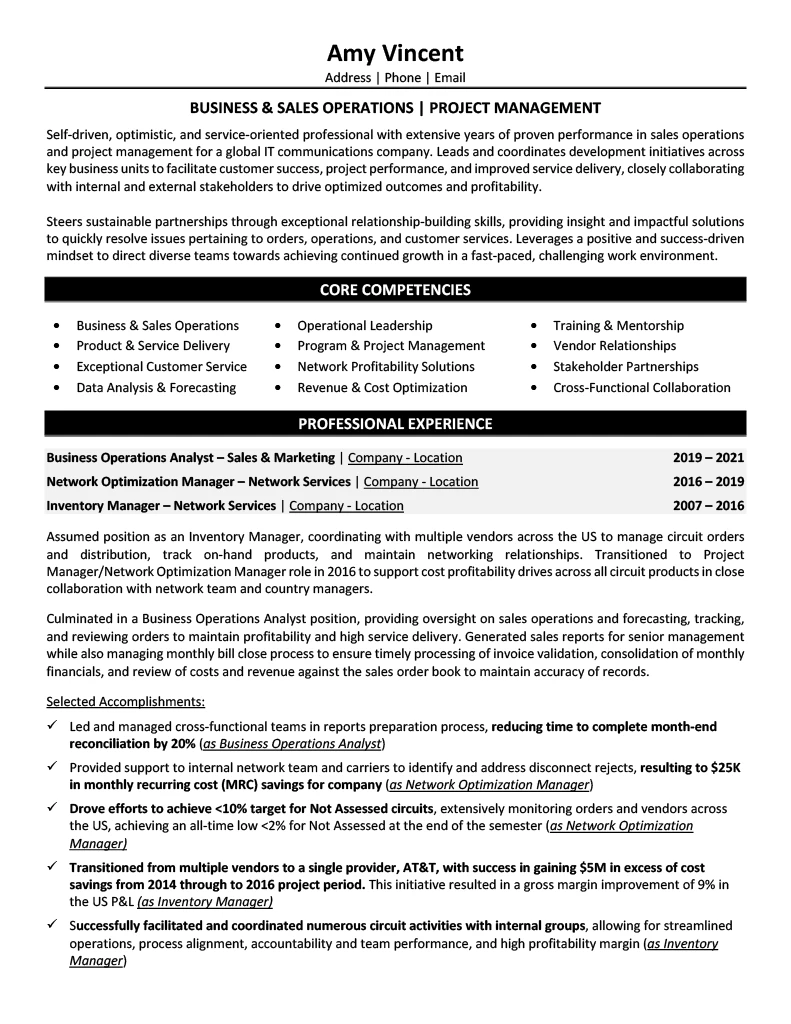
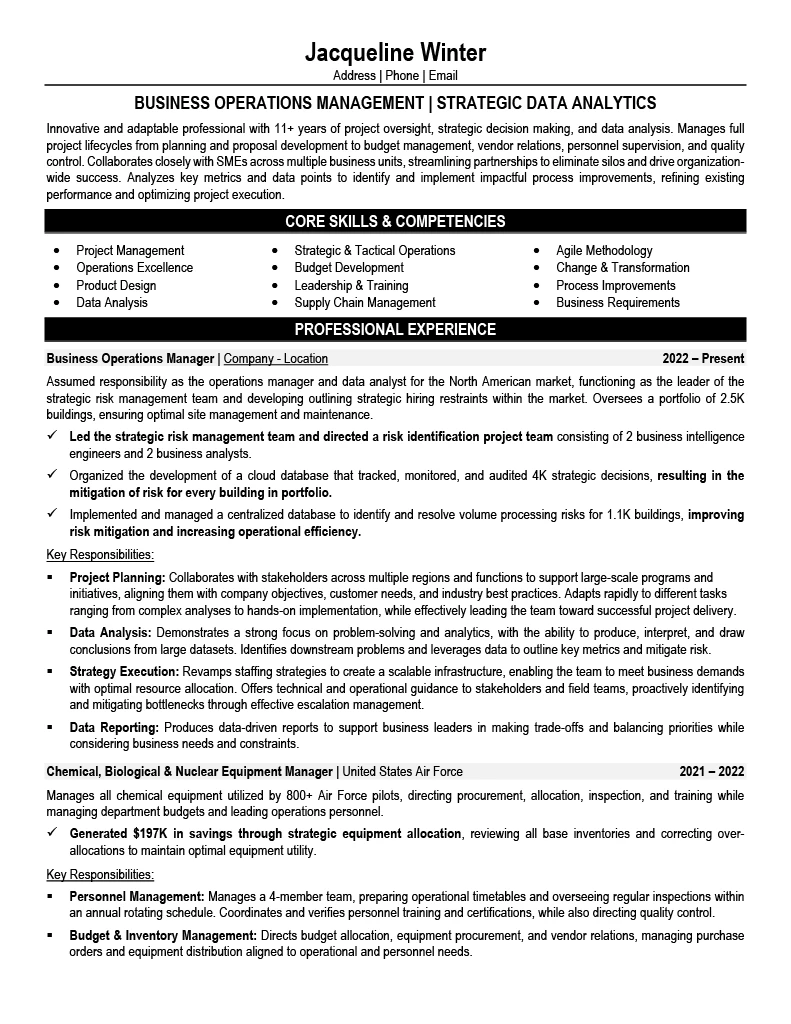
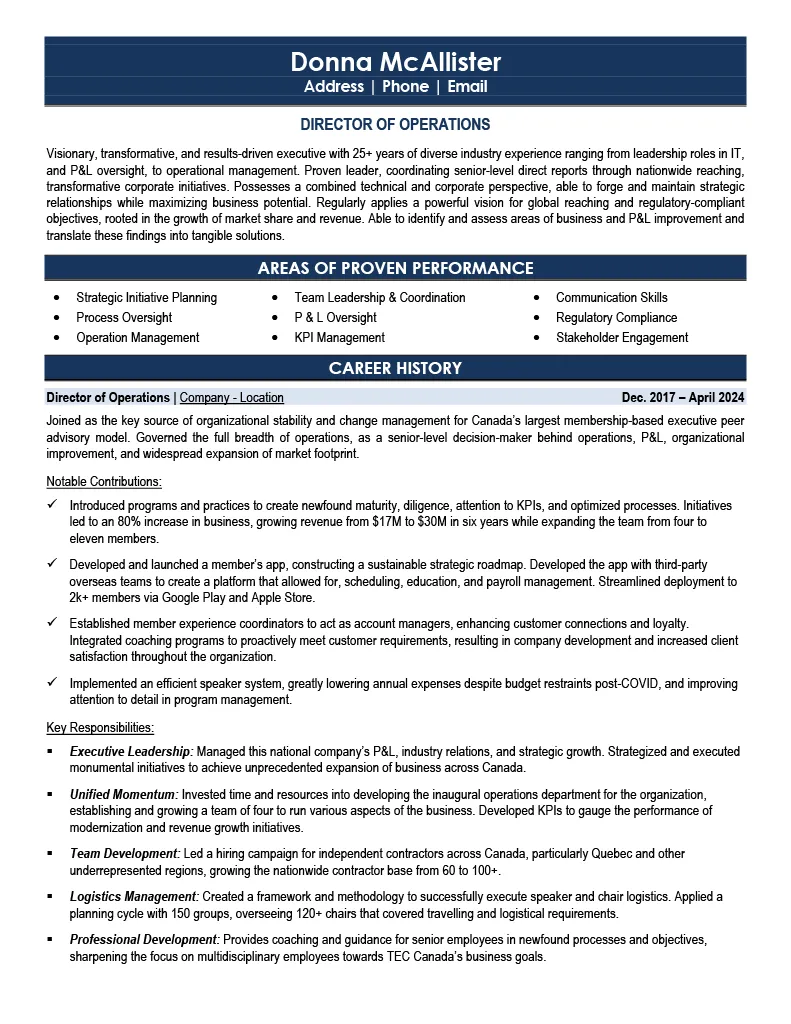
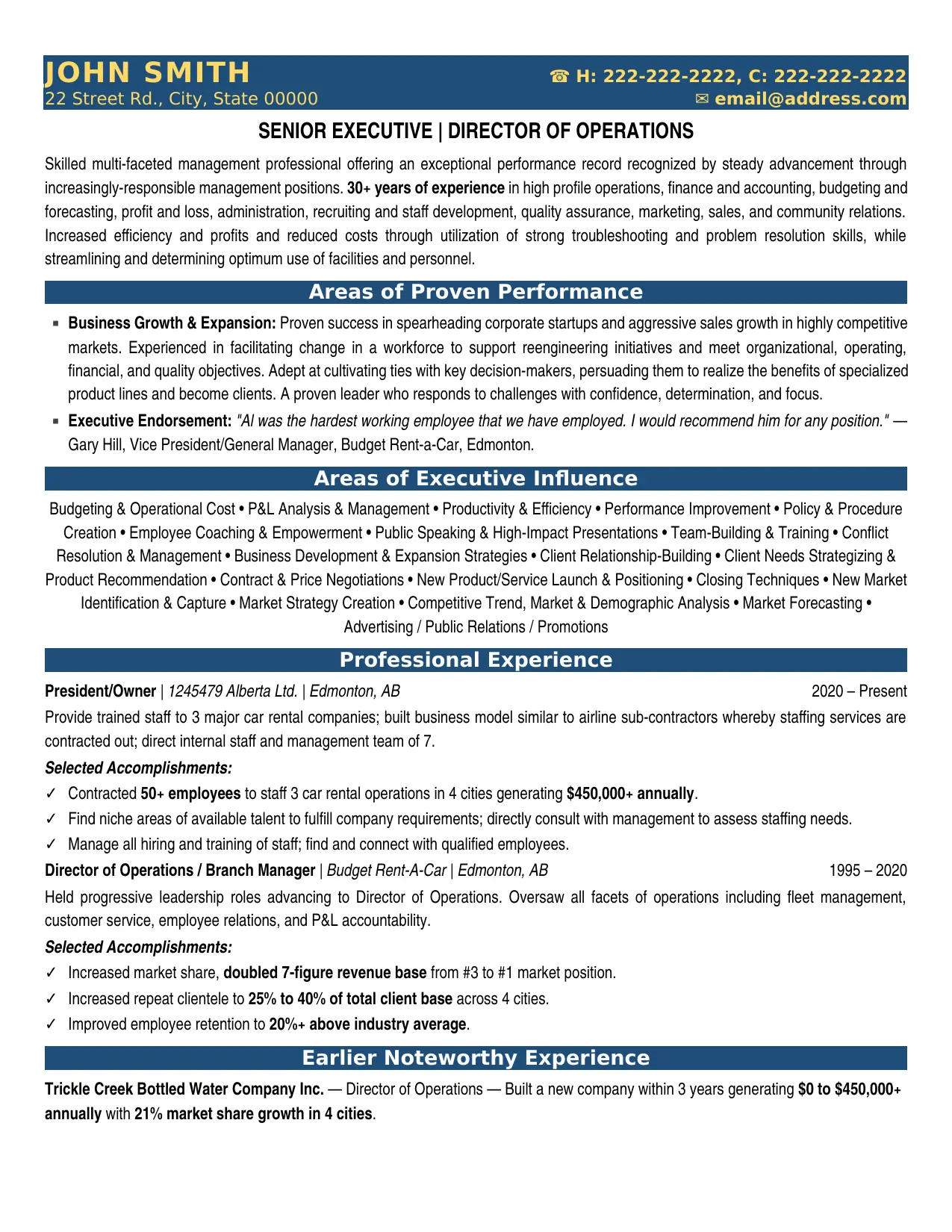
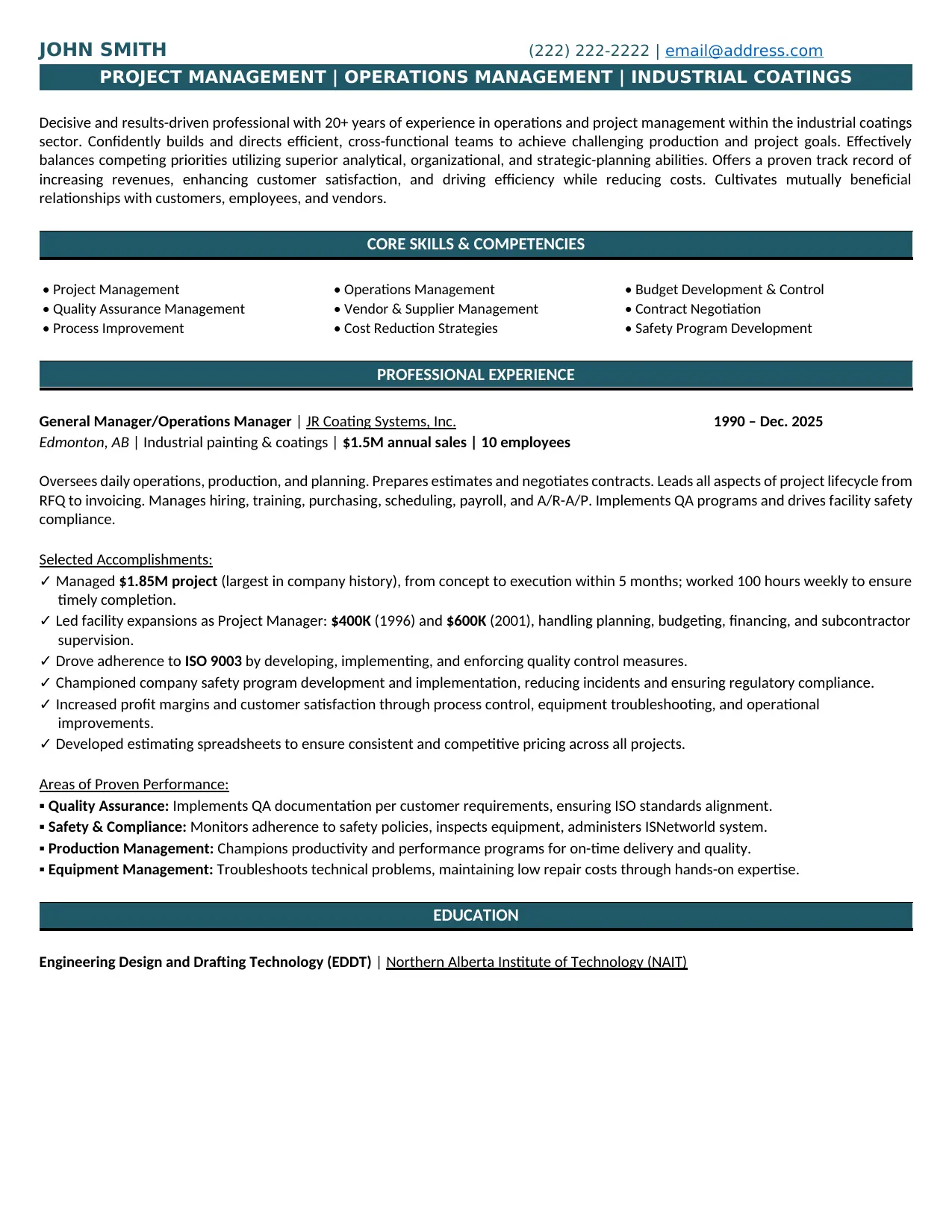
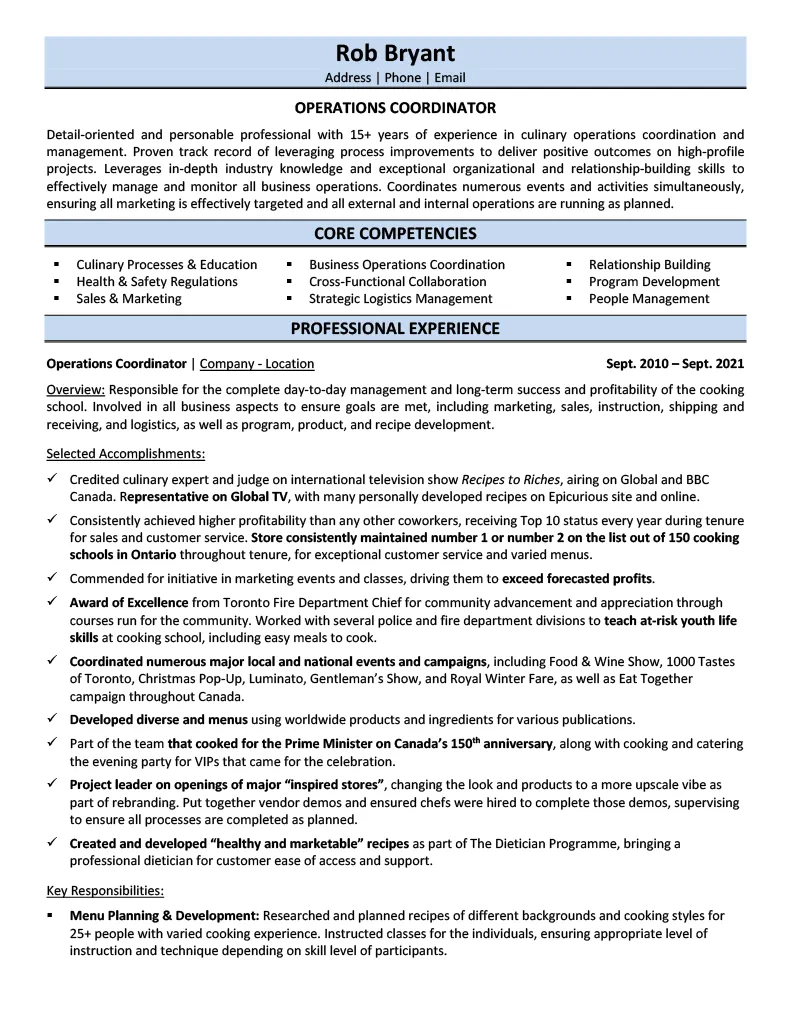
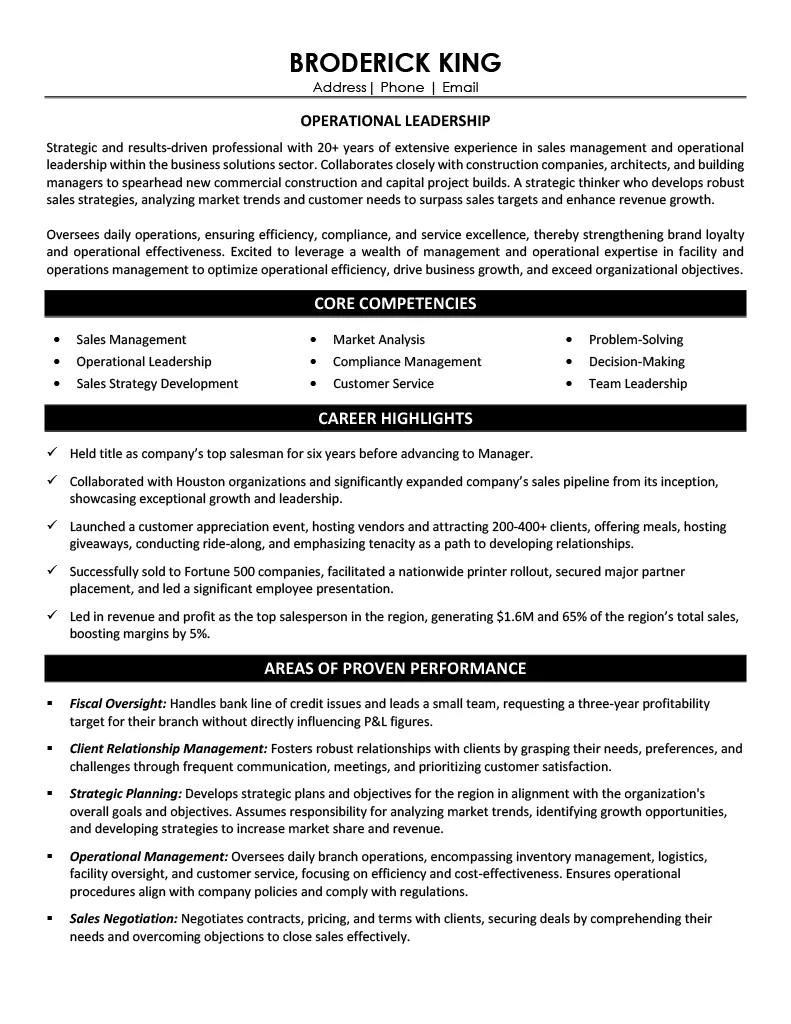
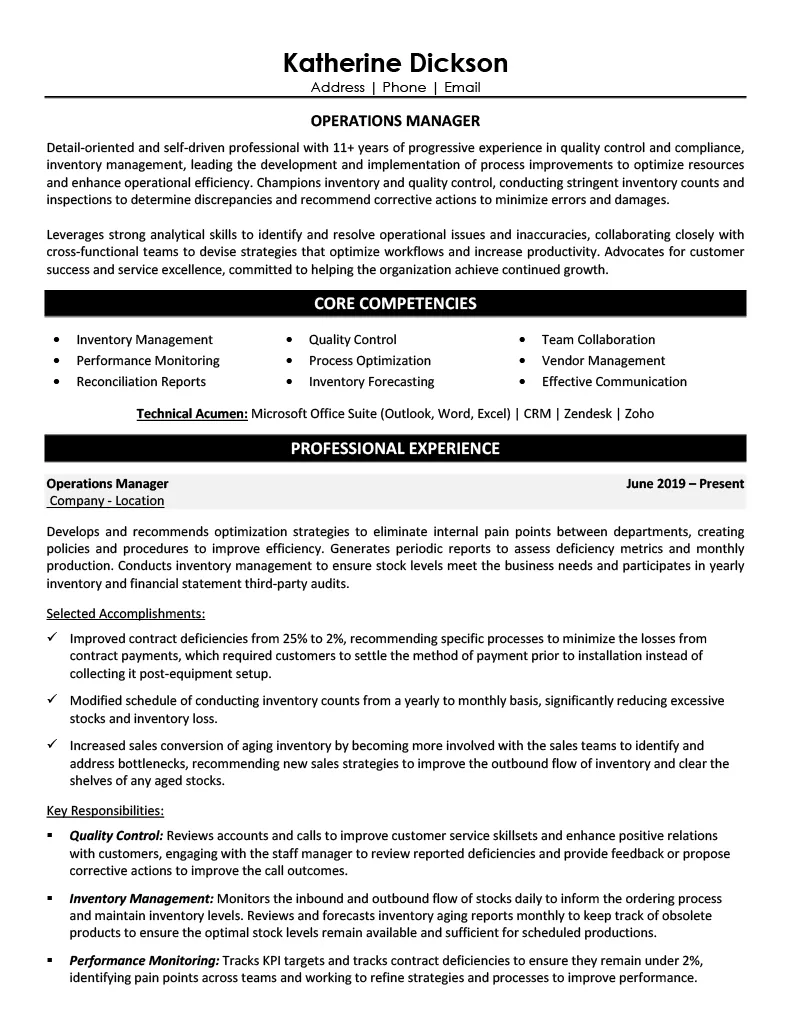
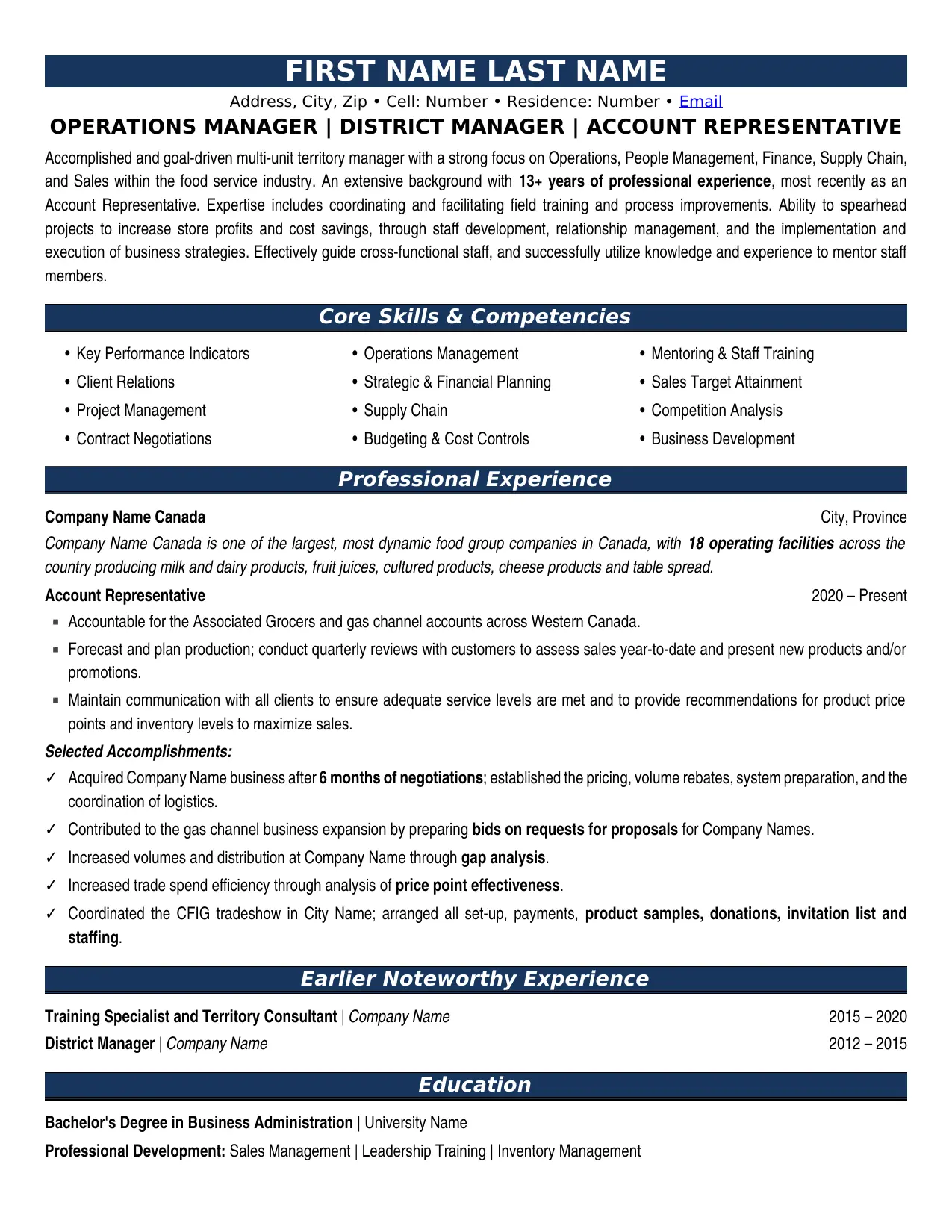
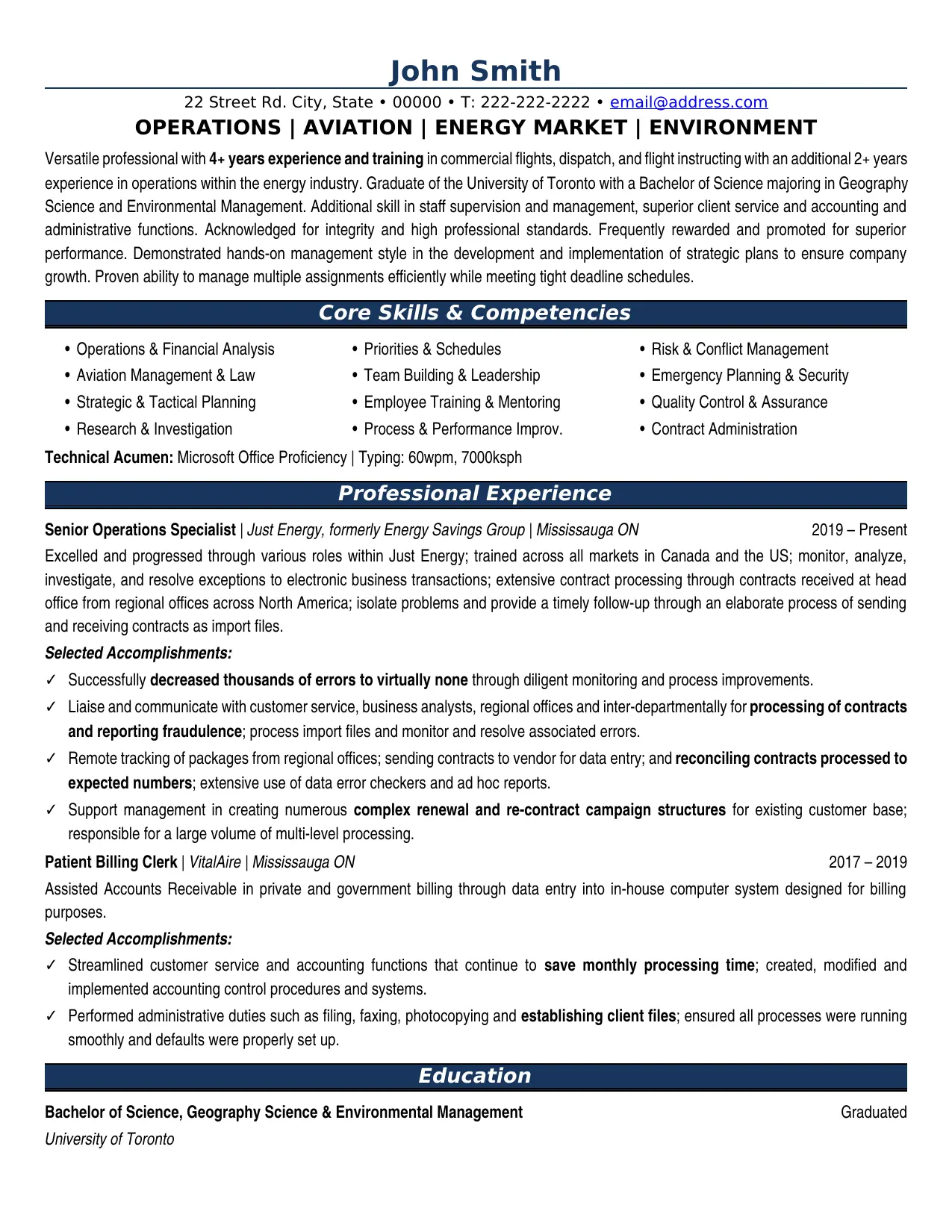
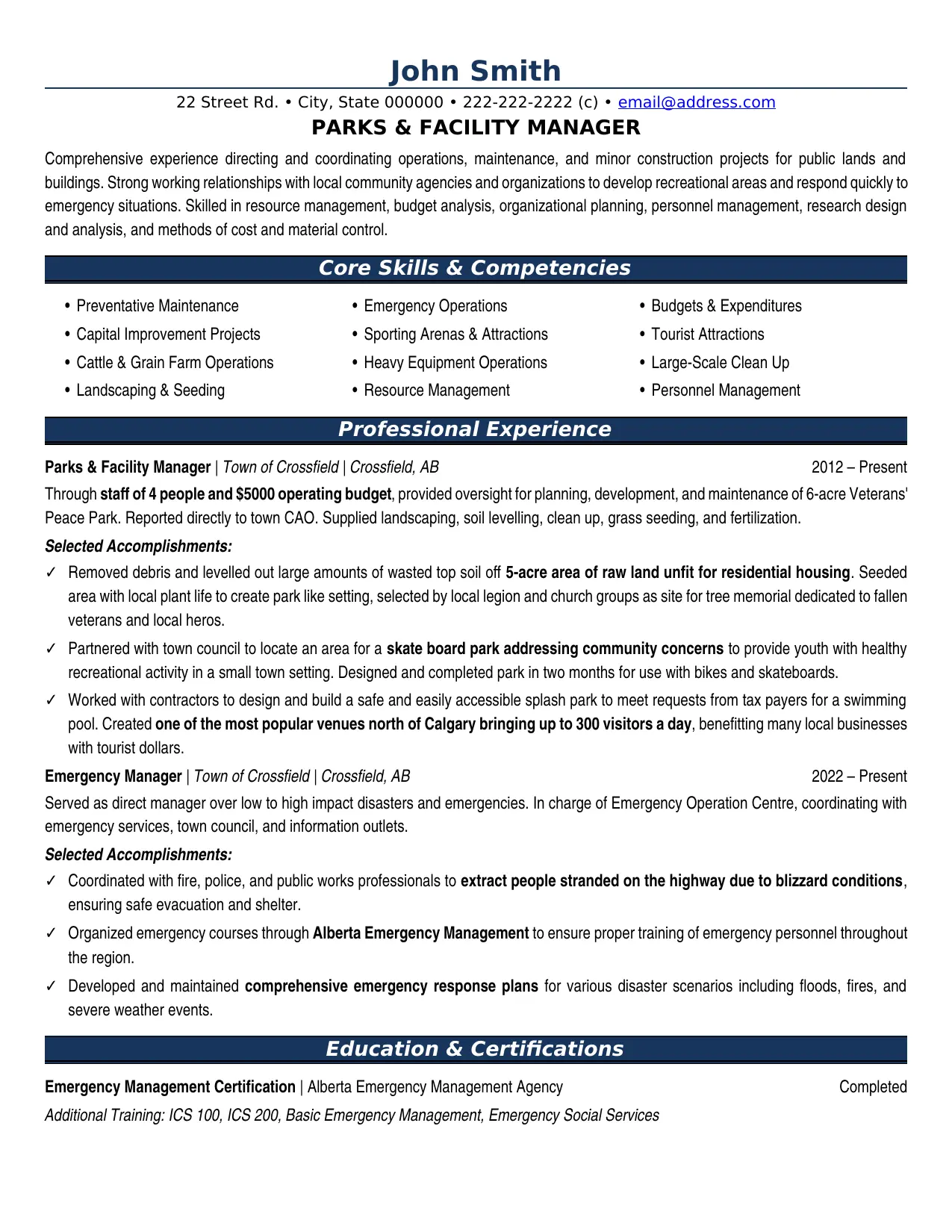
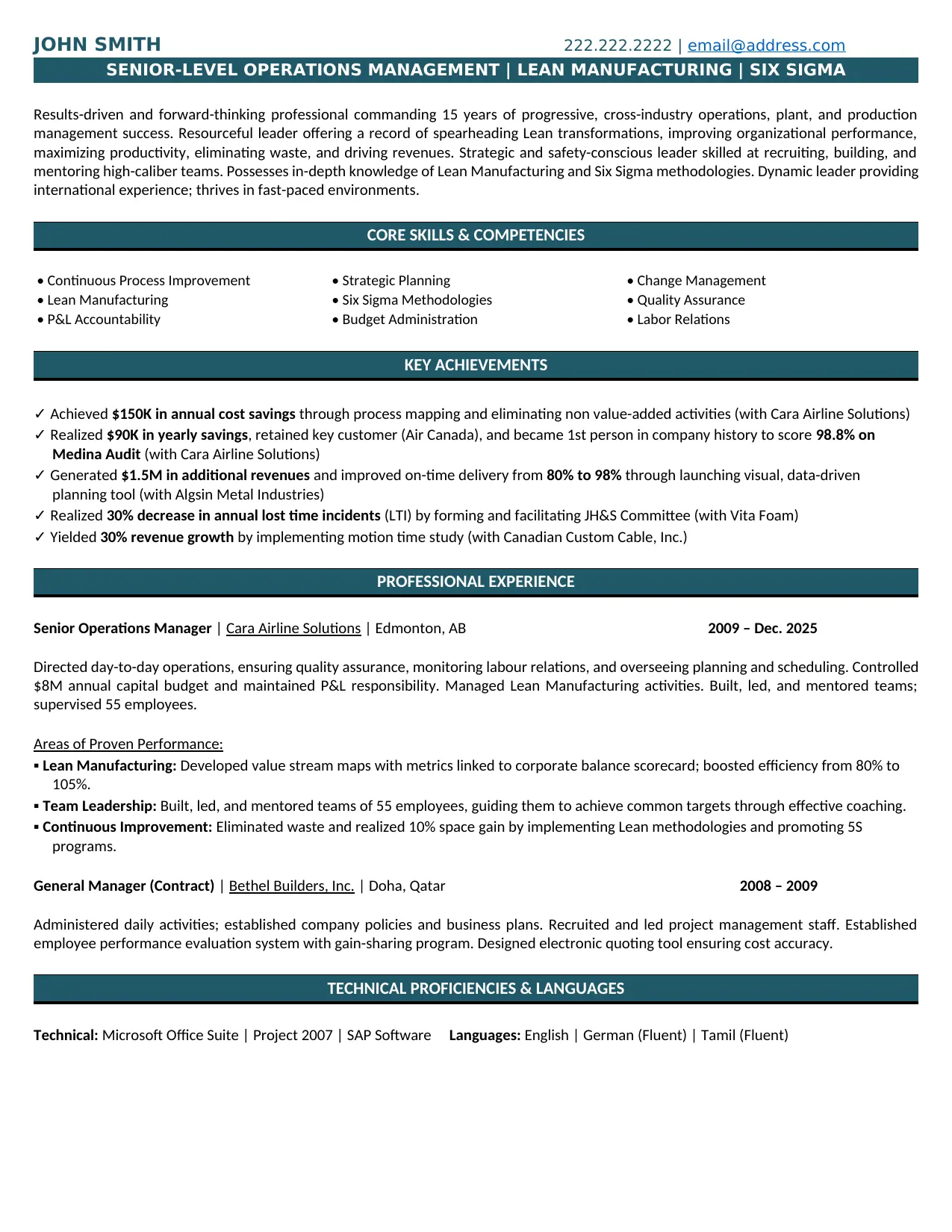
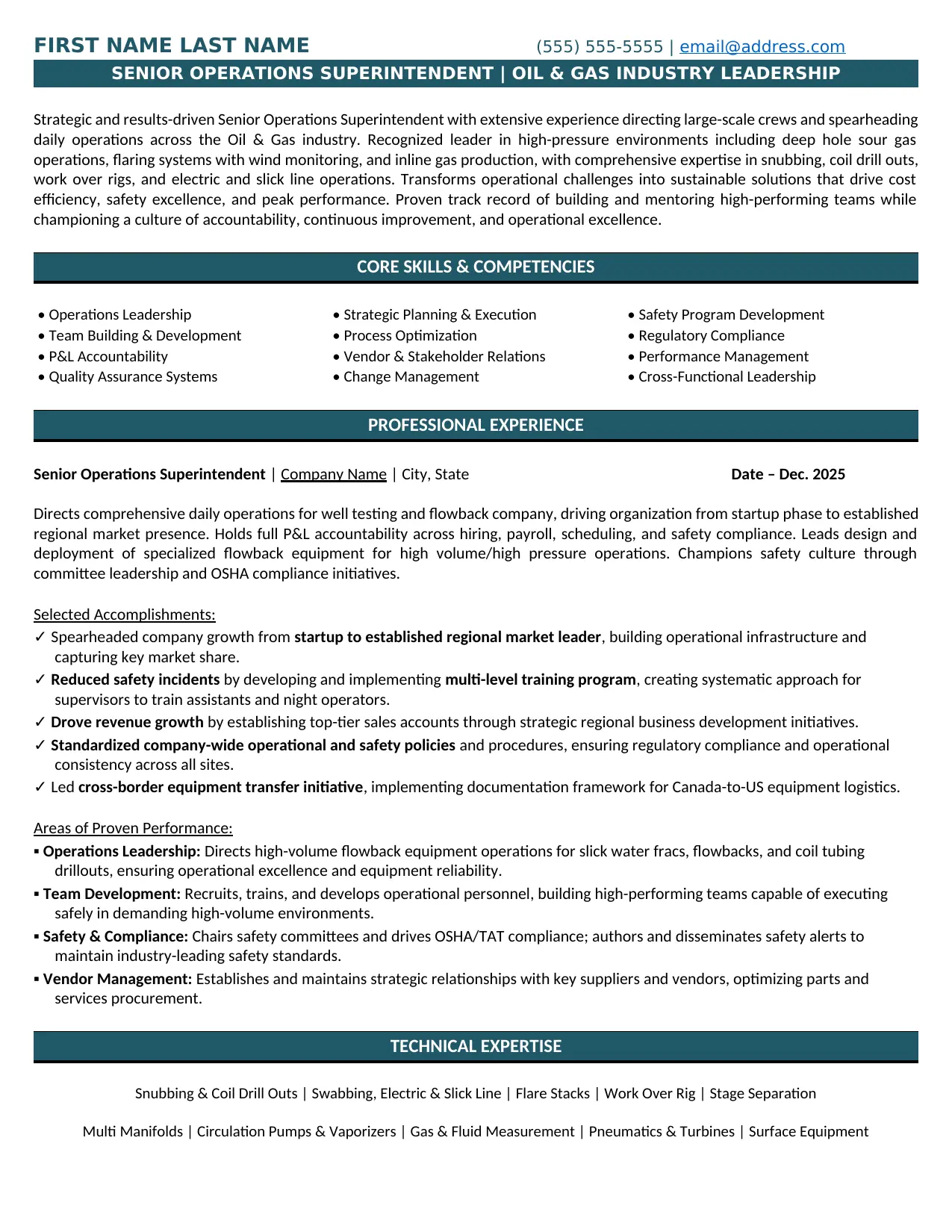
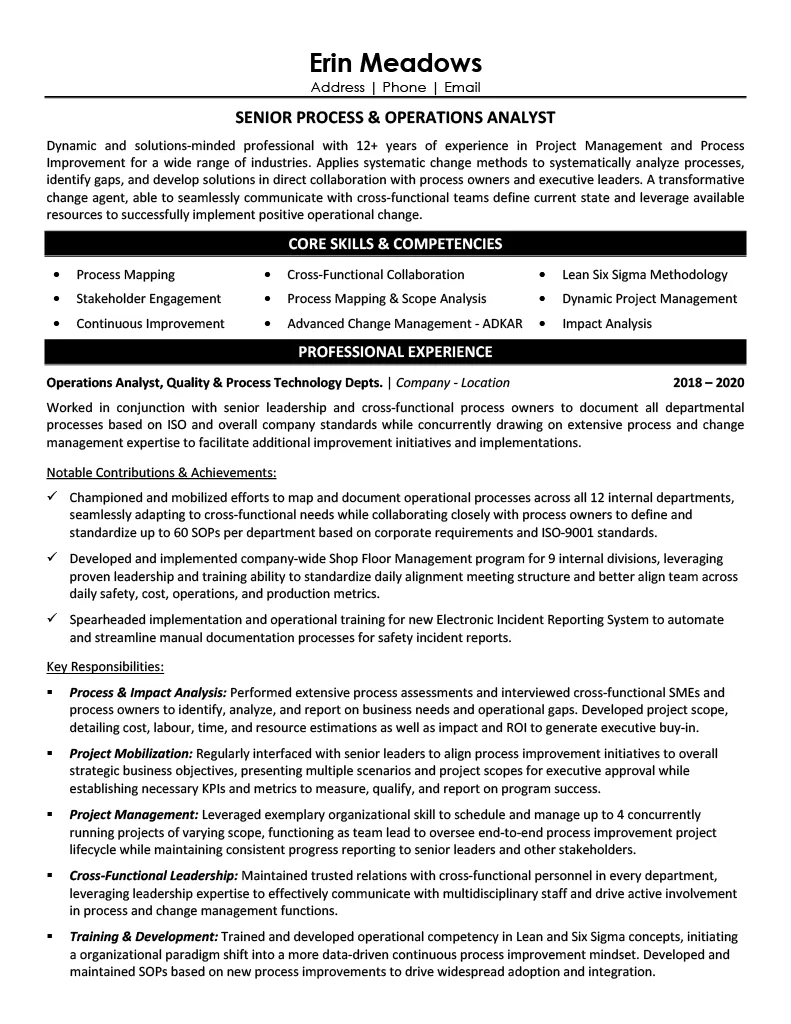
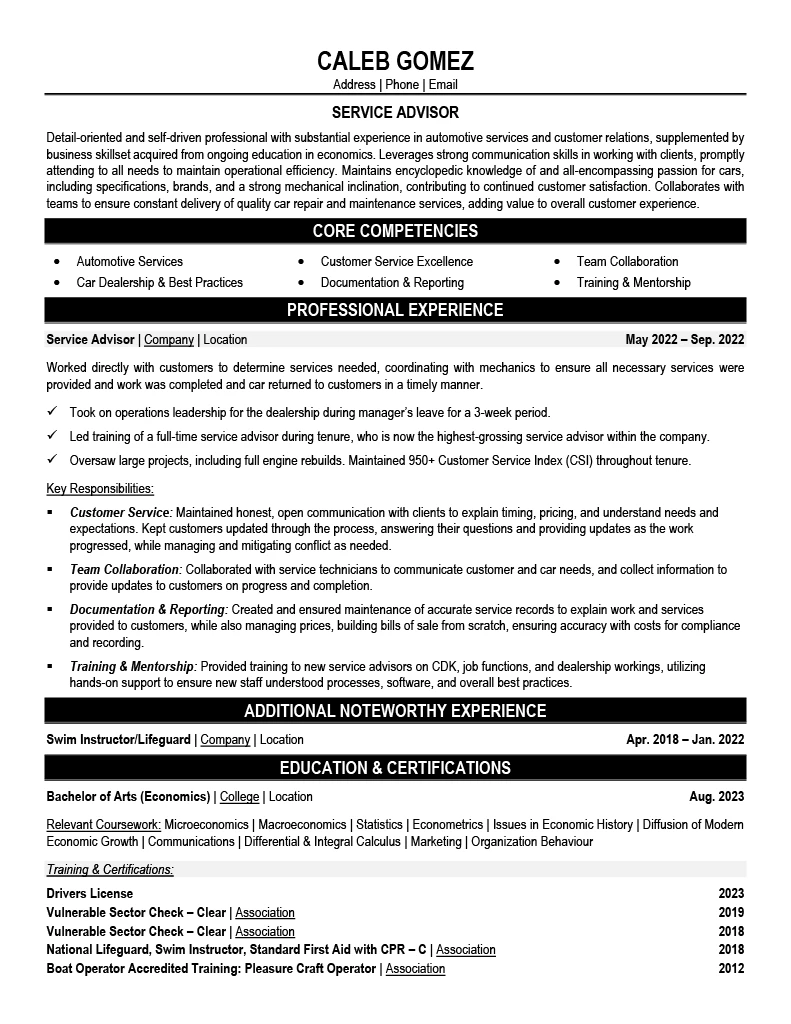
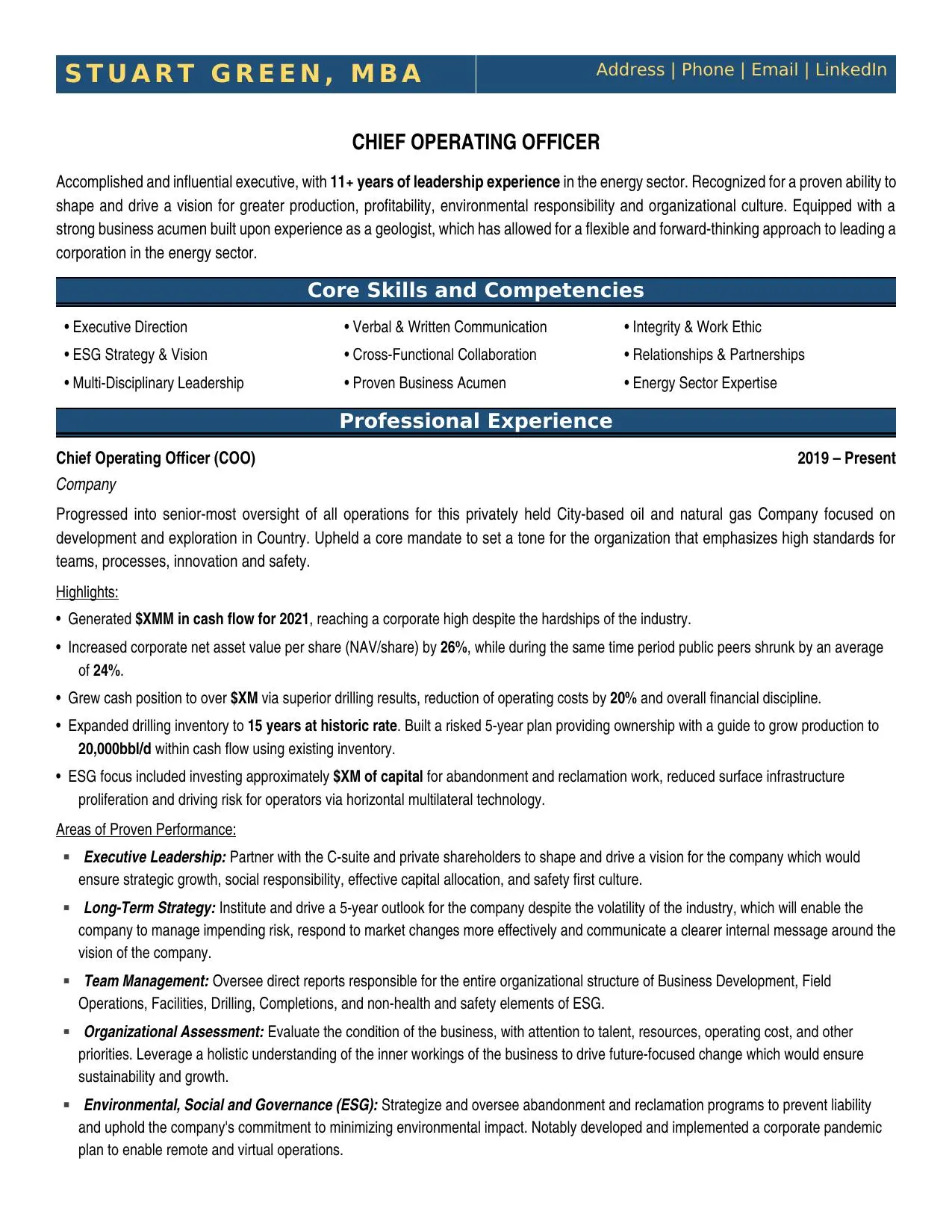
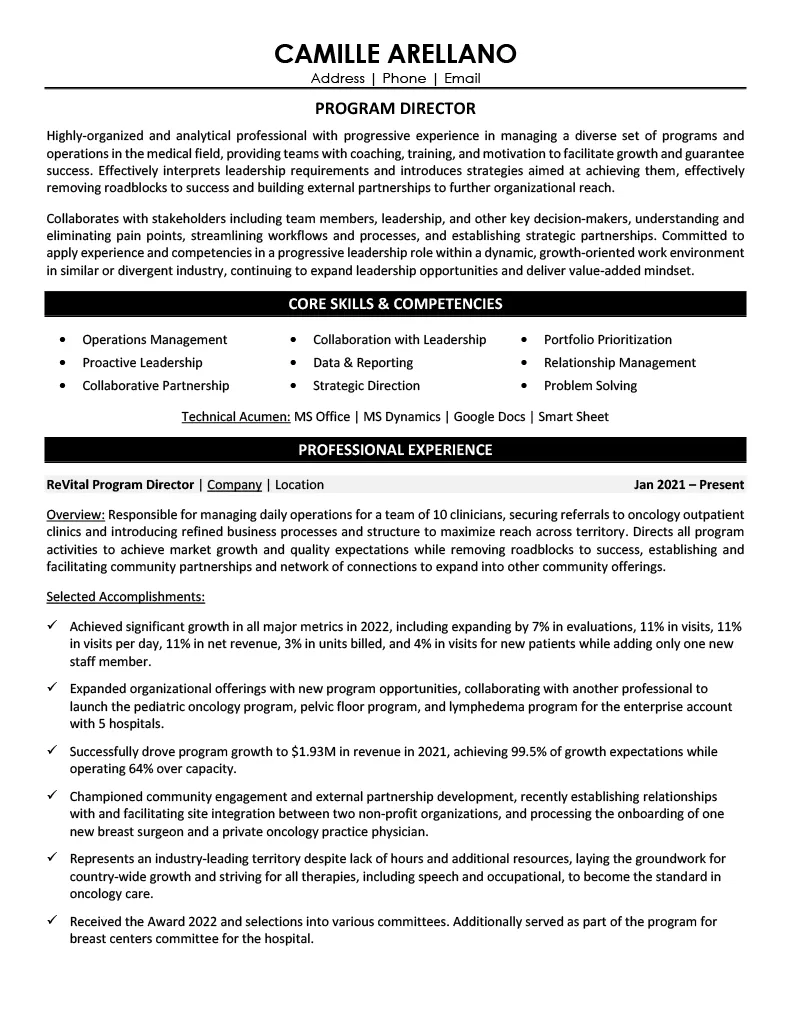
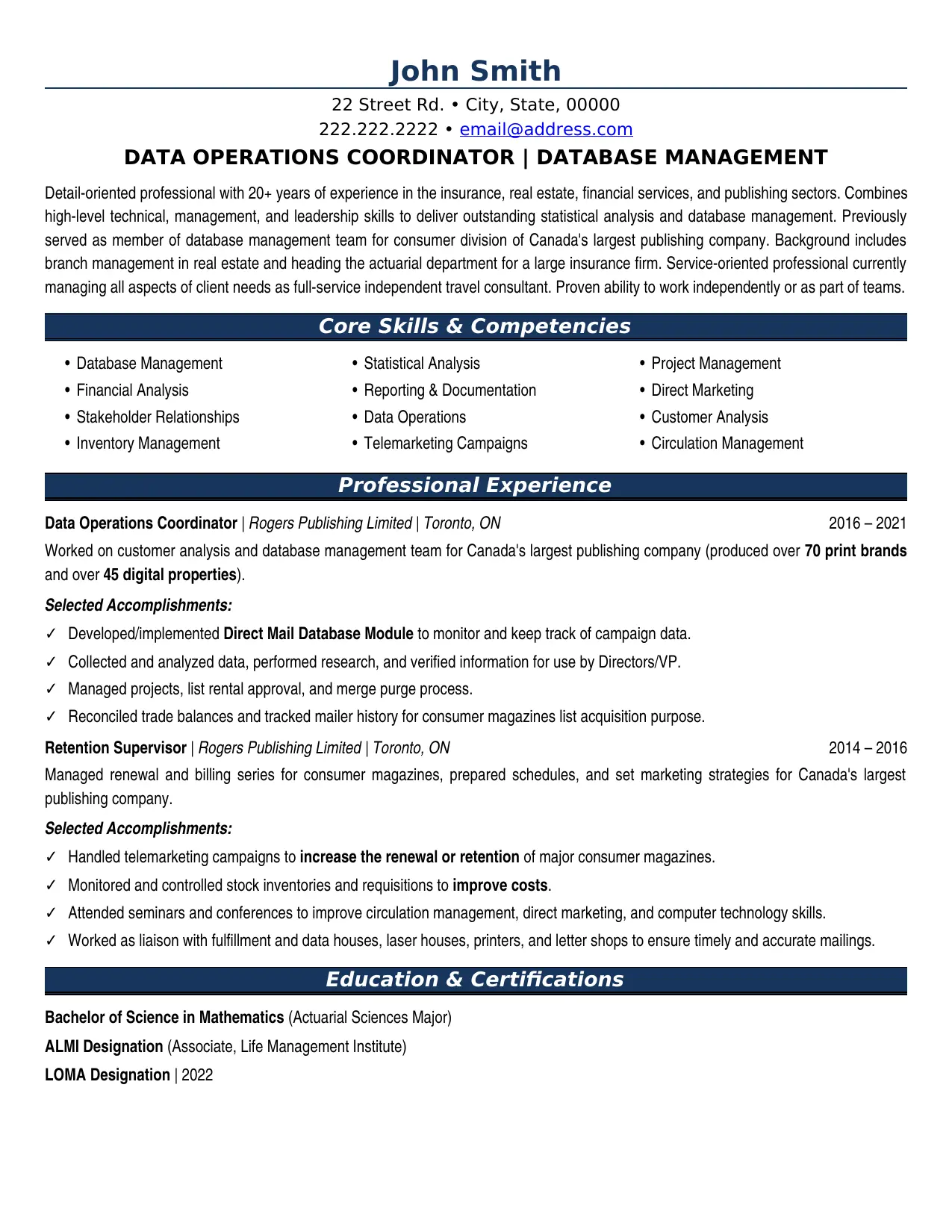
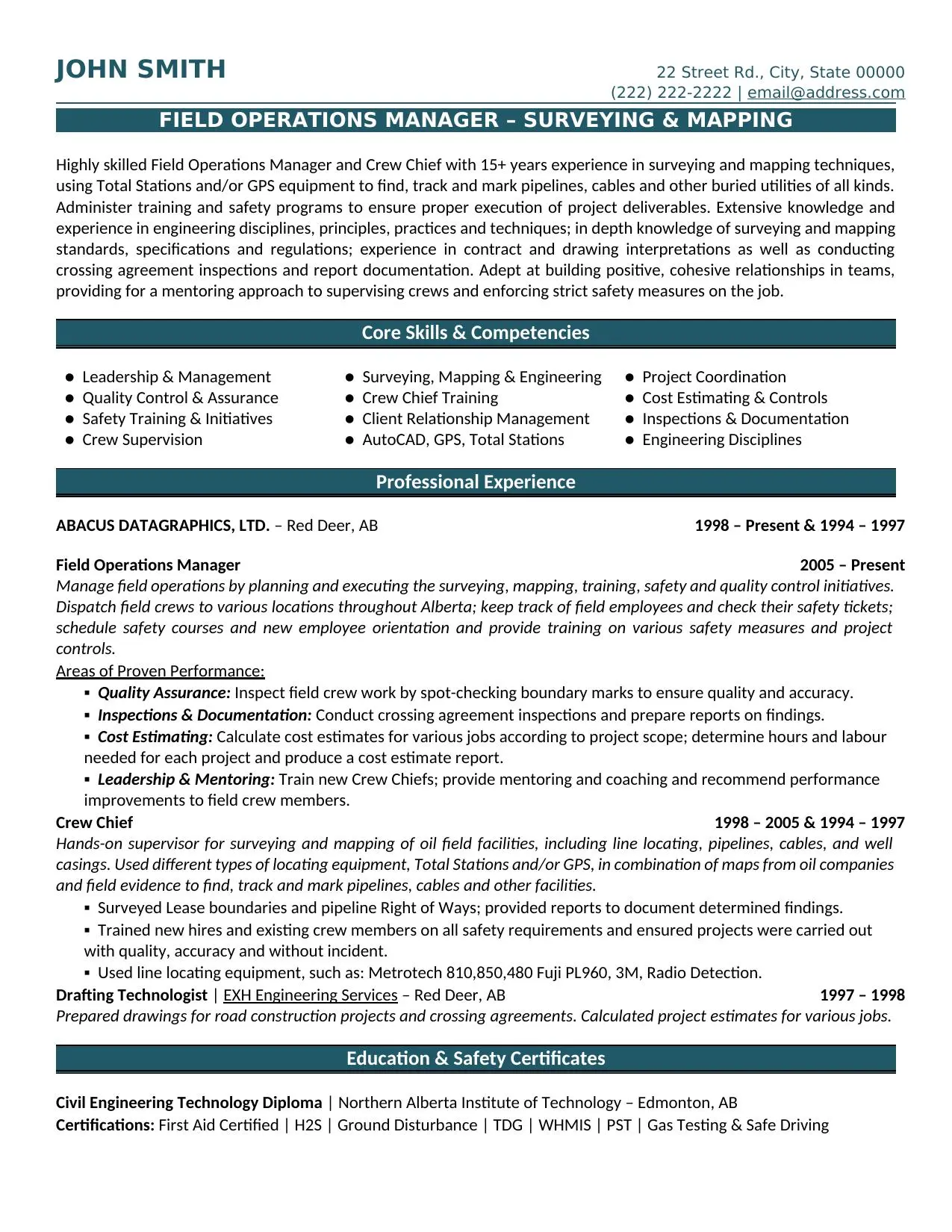
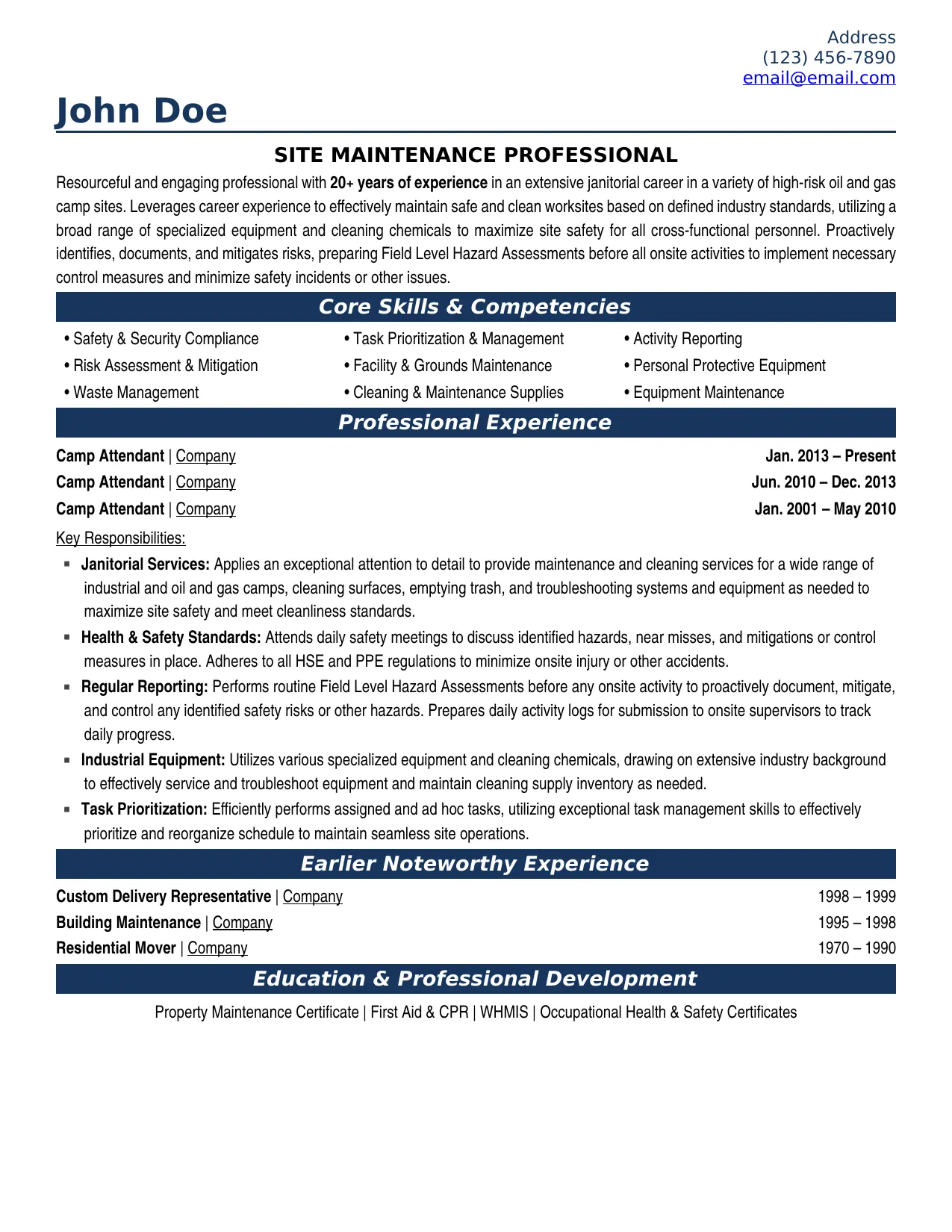
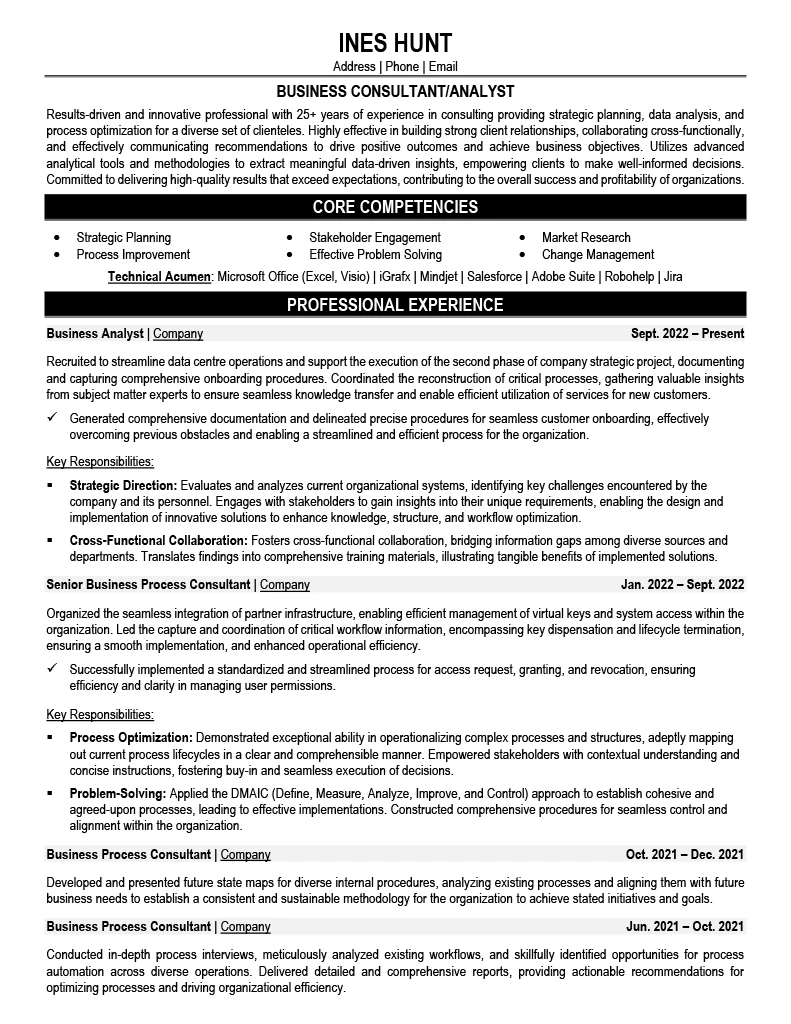
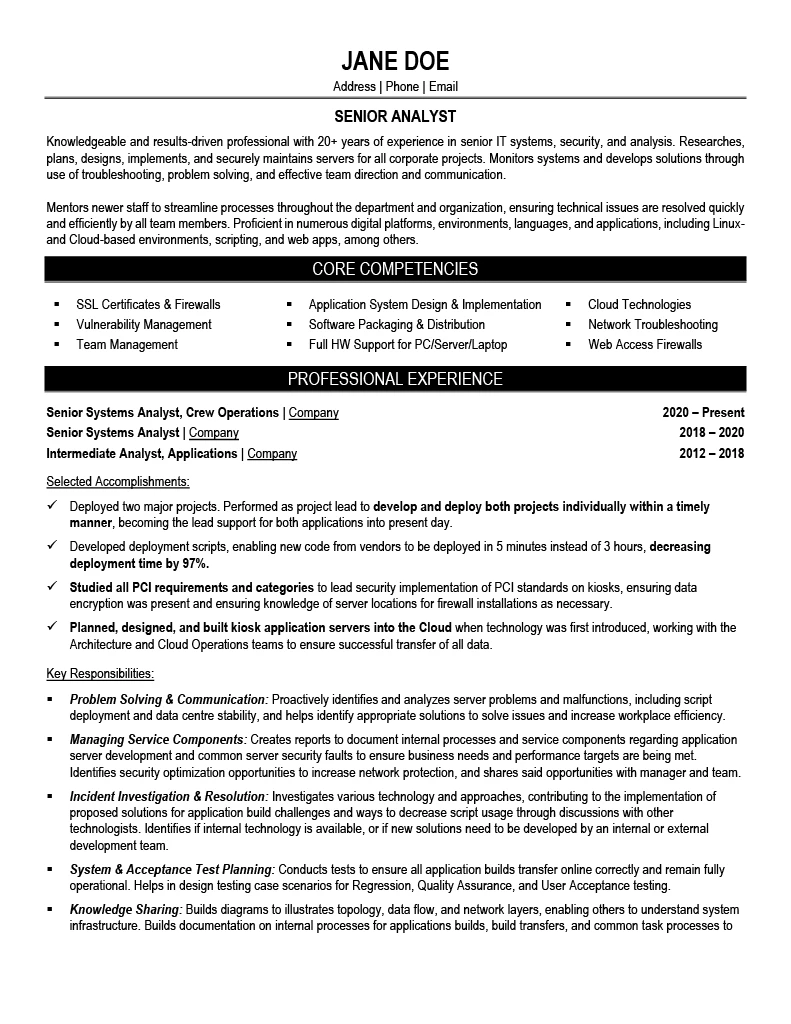
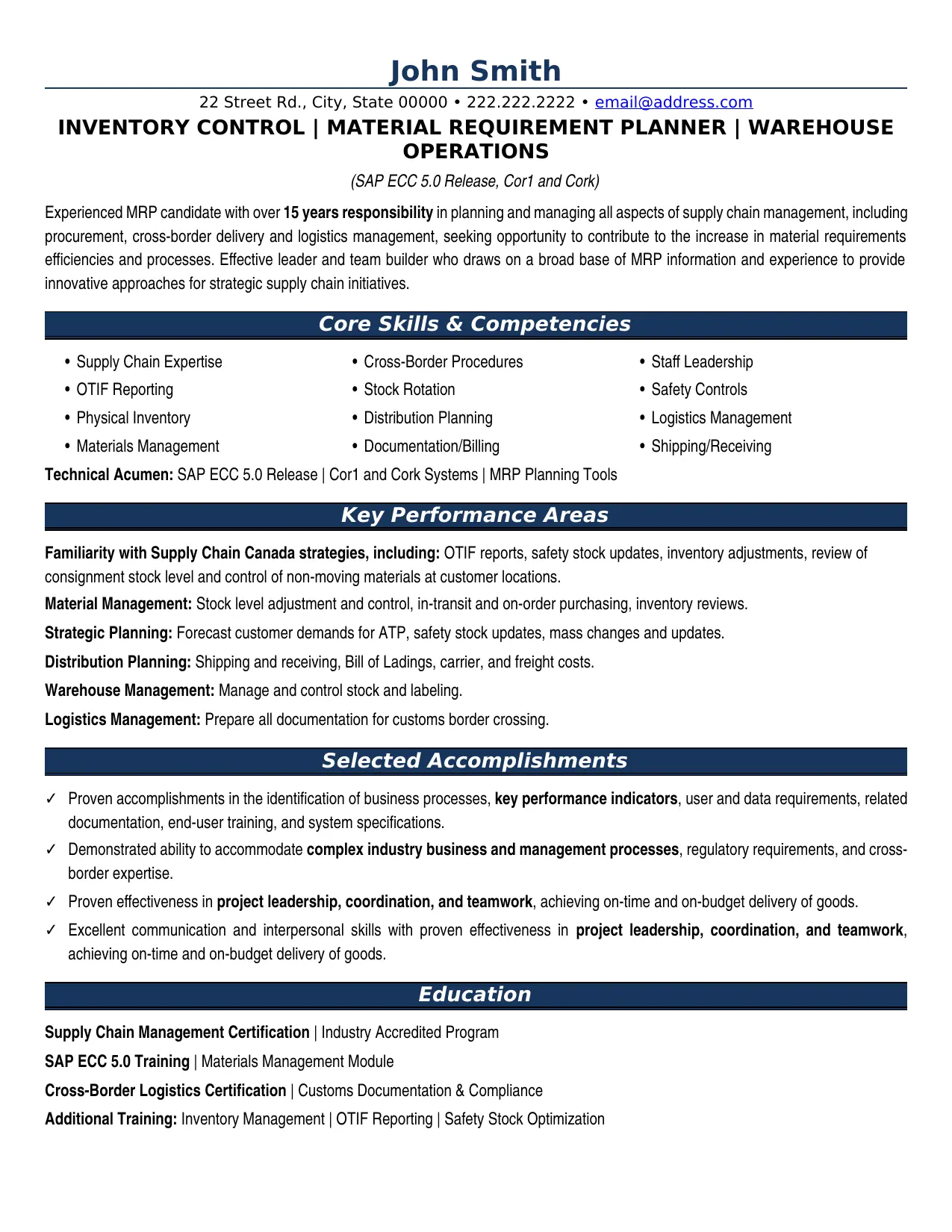
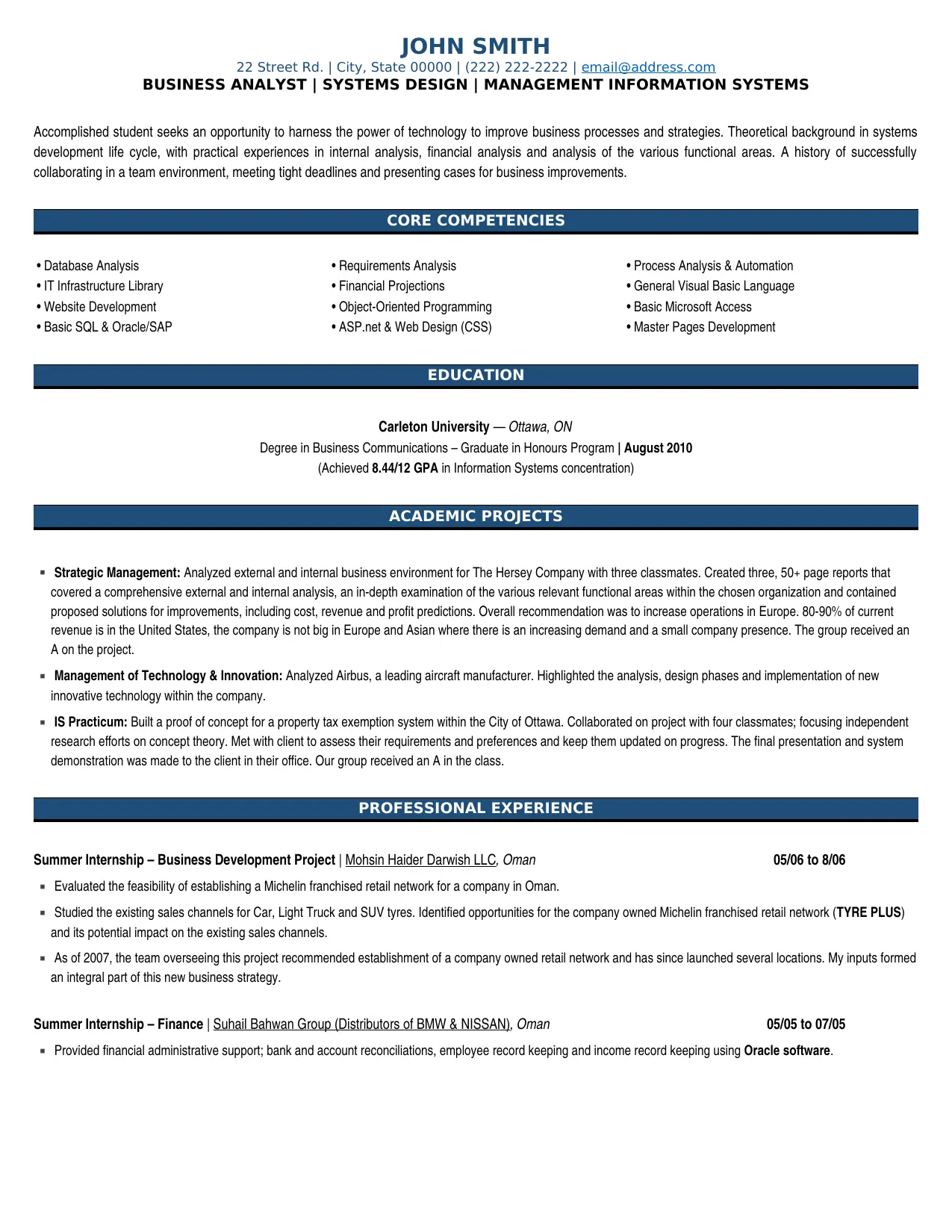
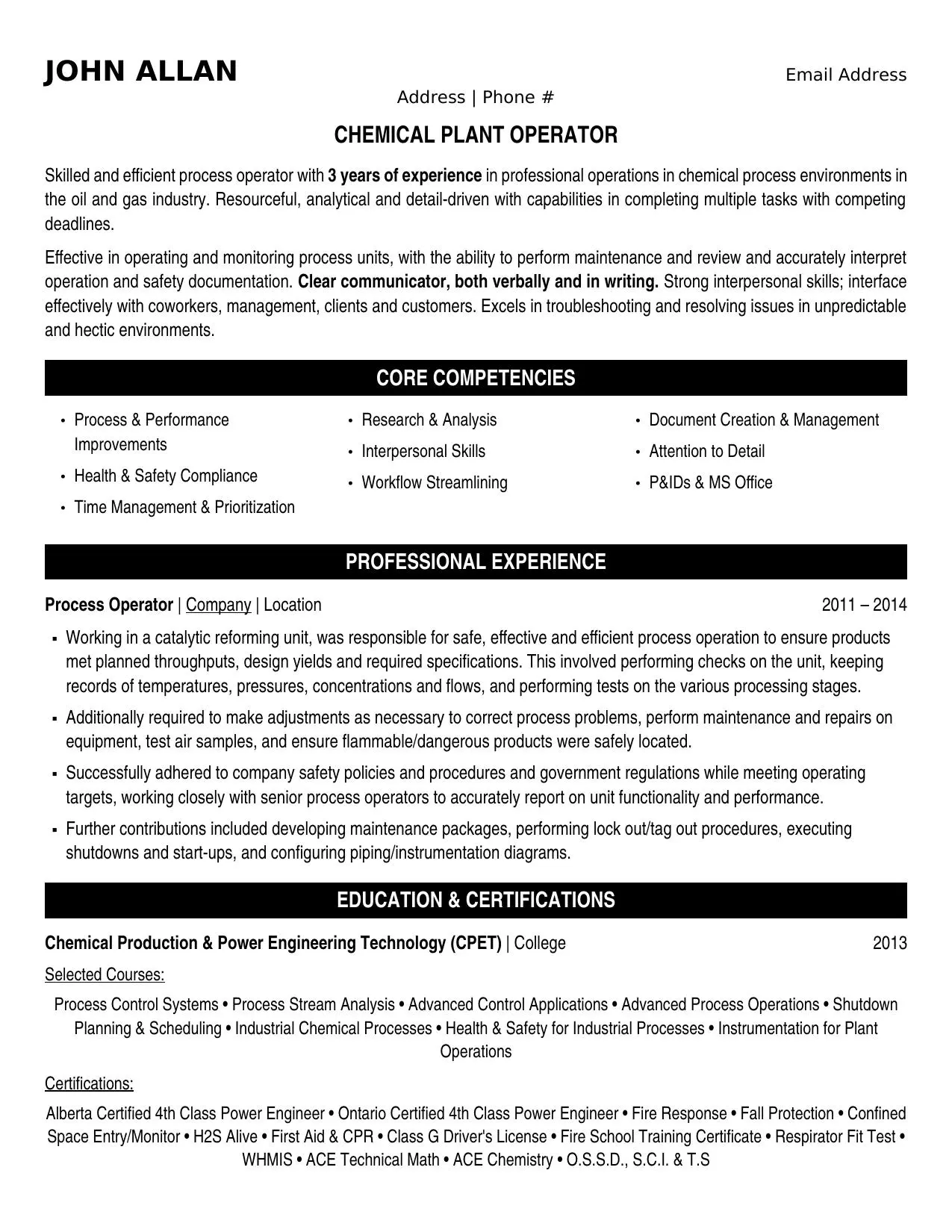
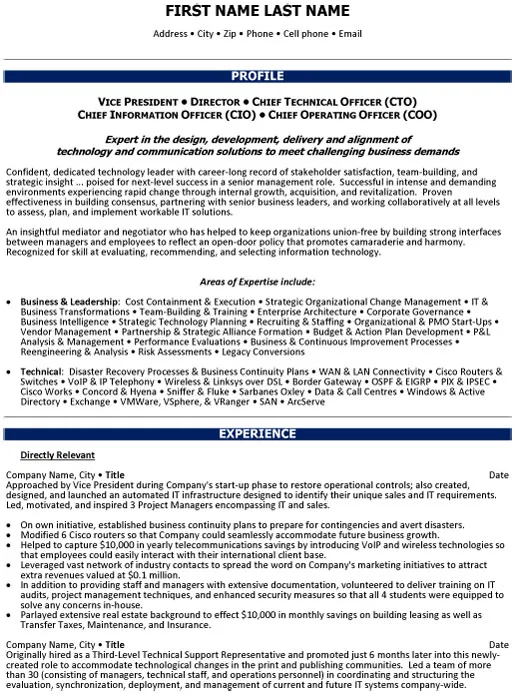
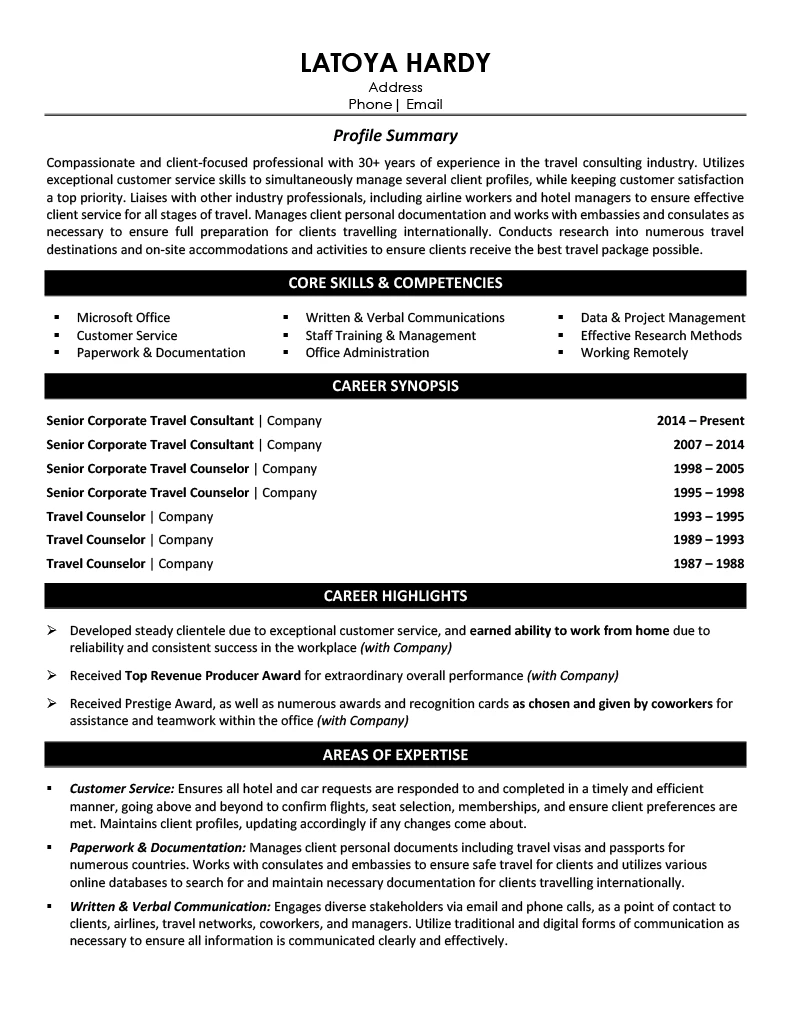
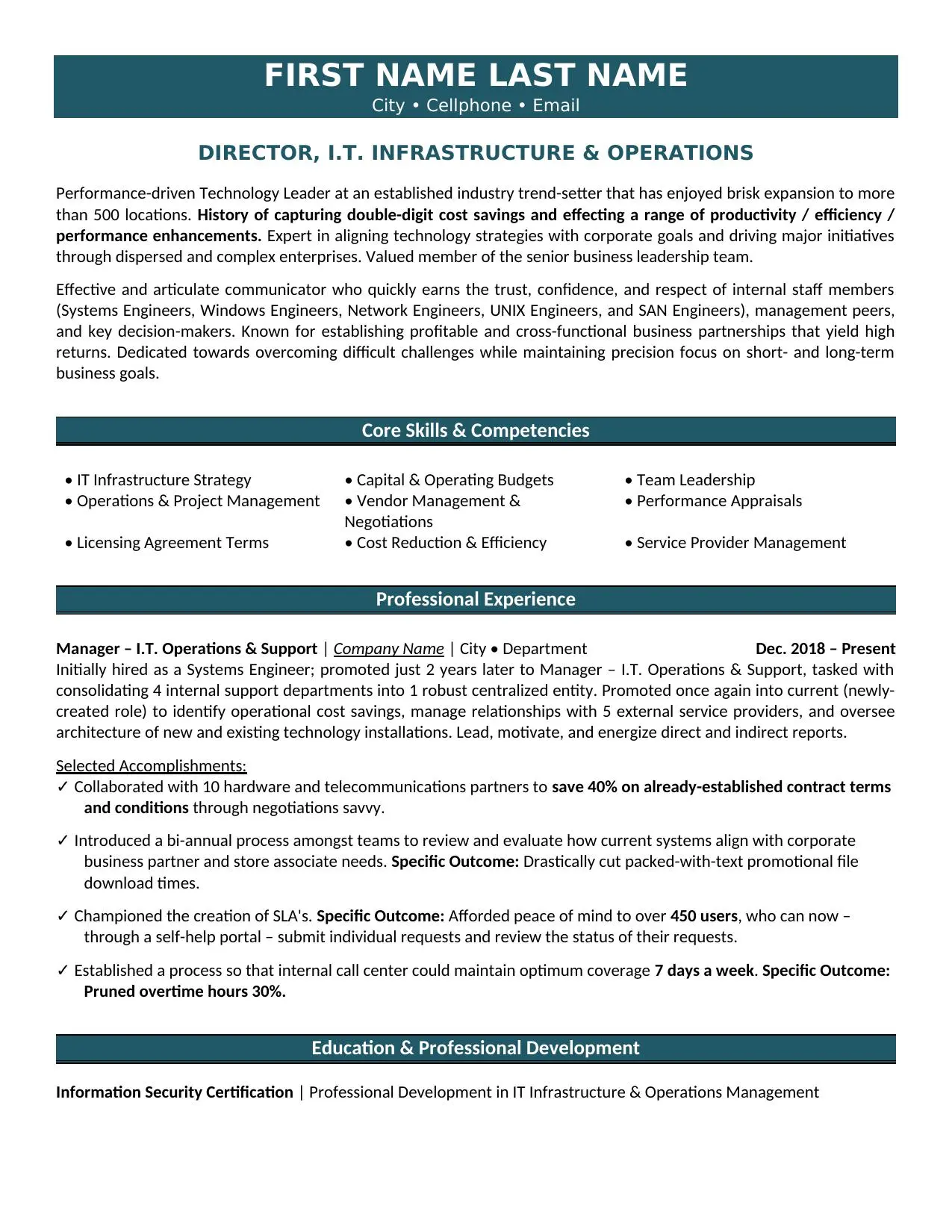
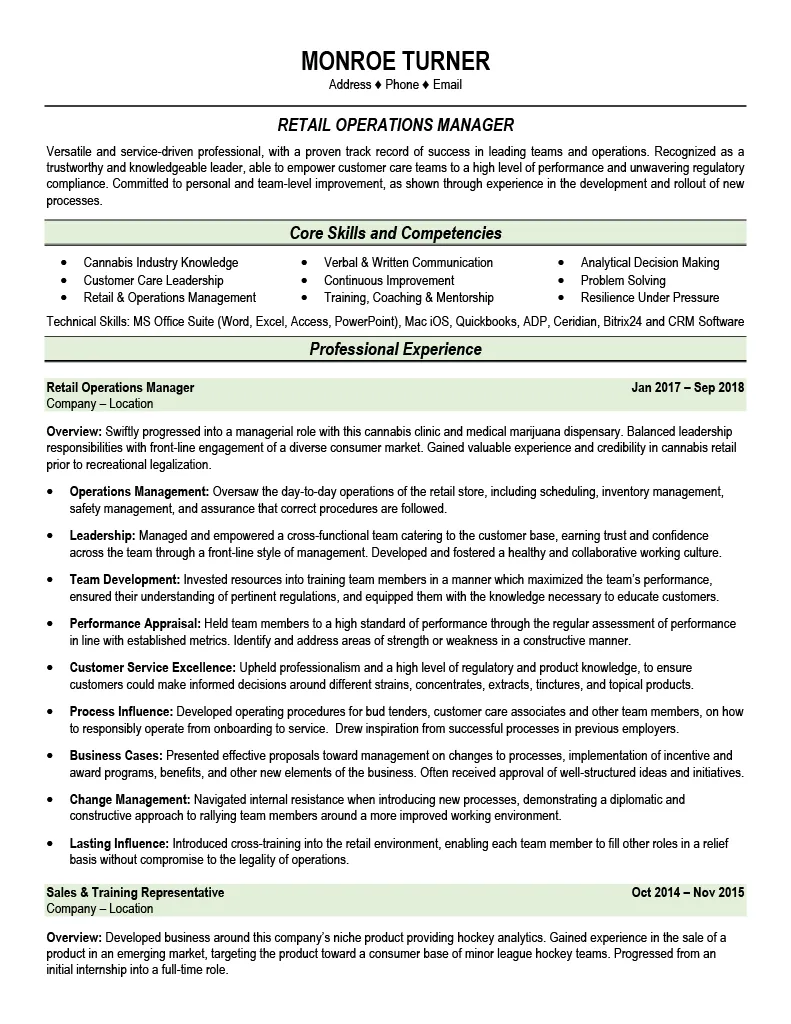
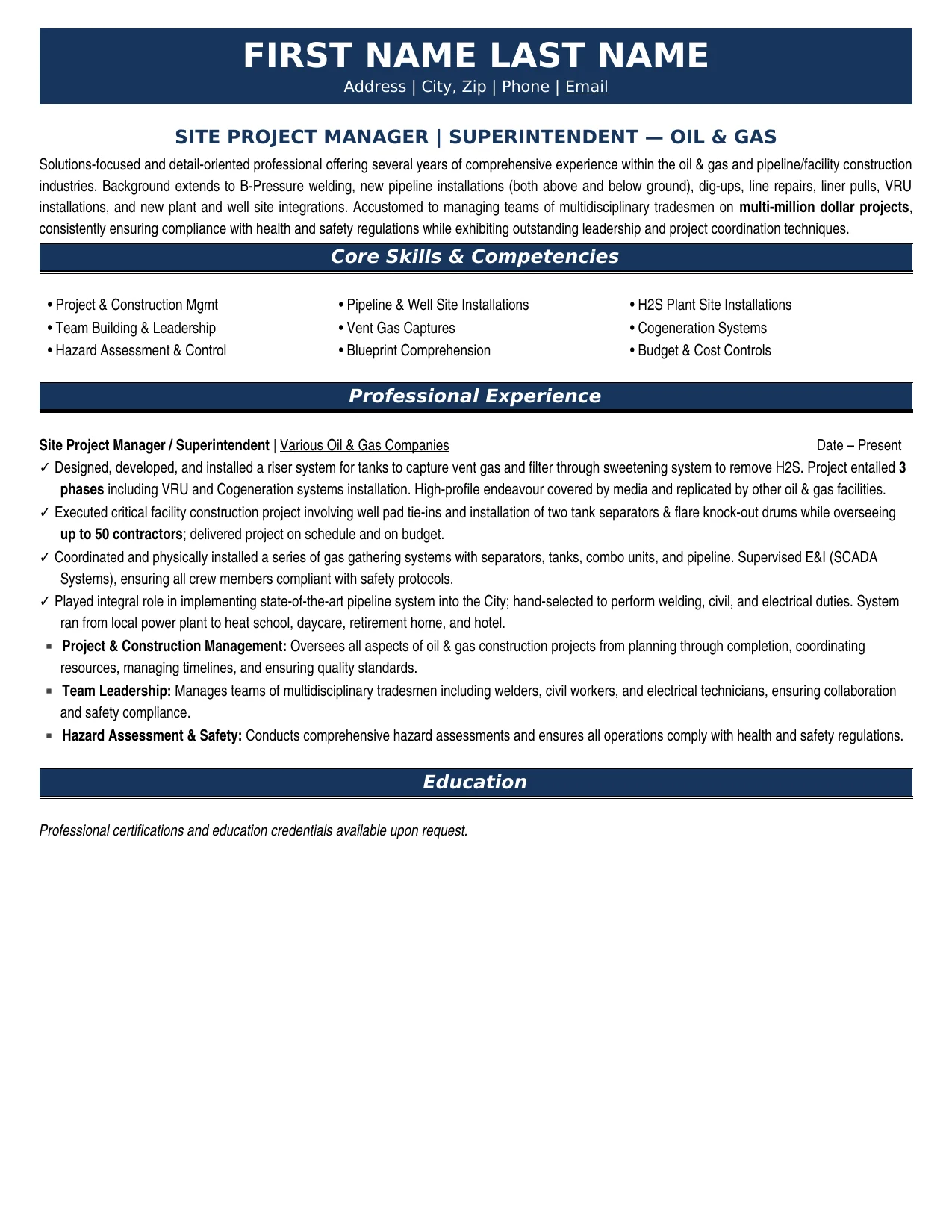
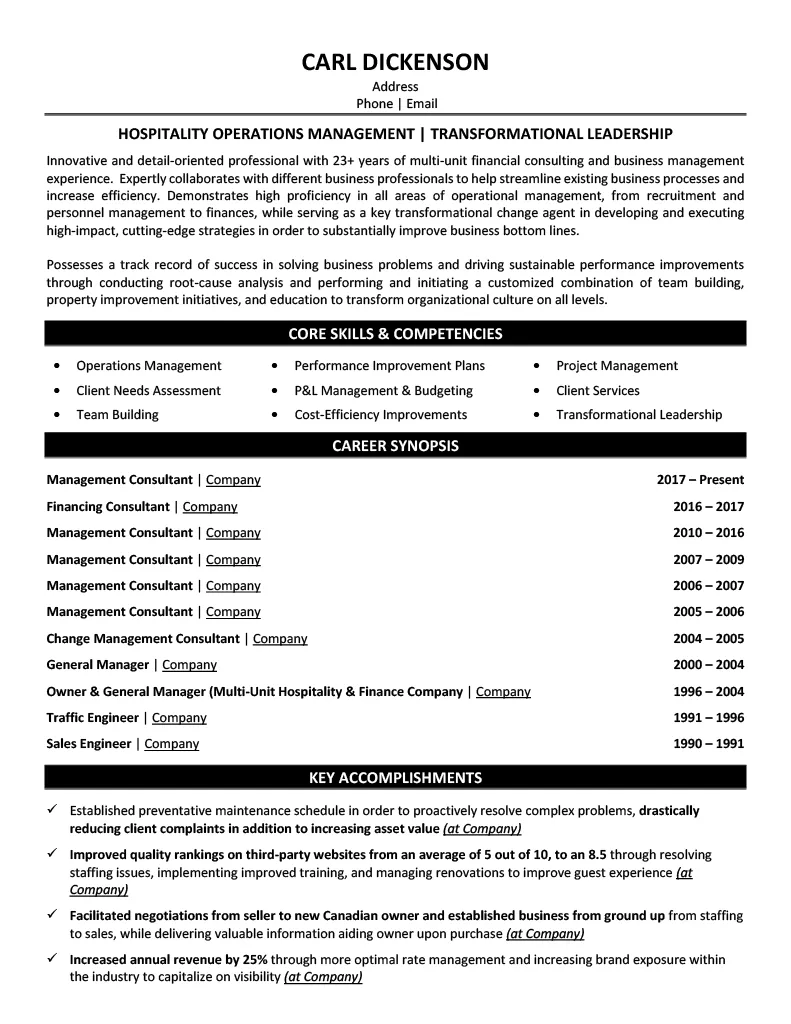
When a hiring manager reads your operations resume, they should think:
"This person has solved the exact problems we're facing."
What were the projects or initiatives you worked on? We probe to understand the scope, the stakes, and the significance.
"Tell me about the biggest project you led last year..."What were the goals of the project? The company's objectives? We connect your work to business outcomes.
"What was the company trying to achieve with this?"What systems, processes, and strategies did you implement? This is where your expertise becomes visible.
"Walk me through how you actually made this happen..."What challenges did you face? What systems did you implement to overcome obstacles?
"What was the biggest challenge, and how did you solve it?"See how our interview process uncovered achievements and turned them into interview-winning proof.
Get Your Operations Resume Written
Operations jobs average 40 applicants per position. You're competing against 800 candidates. Our operations resume examples show how to stand out.
Data based on LinkedIn job postings. Updated Feb 12, 2026.
Here's the math most job seekers don't do:
Your operations resume must stand out against 800 professionals.
What makes you different is the story behind the projects.
Get Your Operations Resume WrittenEvery operations resume example on this page was written through our 1-on-1 interview process. We extract achievements you'd never think to include.
We identify keywords and achievements that get operations resumes noticed.
Targeted questions about your operations projects and results.
Transform responsibilities into quantified achievements.
ATS-optimized resume in 3 business days + 14-day revisions.
80% of operations positions are never advertised. Get your resume directly into the hands of recruiters filling confidential searches.
When you purchase our Resume Distribution service, your resume goes to 450+ recruiters specializing in operations — included in Advanced & Ultimate packages.
| Agency | Location |
|---|---|
|
HA
Hays Specialist Recruitment
|
Nationwide |
|
RA
Randstad Staffing Agency
|
Nationwide |
|
KE
Kelly Services Workforce Solutions
|
Nationwide |
|
MA
ManpowerGroup Talent Solutions
|
Nationwide |
|
AD
Adecco HR Services
|
Nationwide |
A strong operations resume should include quantified achievements with specific metrics, relevant technical skills matched to job requirements, industry certifications, and clear evidence of results delivered. Our operations resume samples show exactly how to format and present these elements for maximum impact.
Entry-level operations resumes should focus on transferable skills, relevant coursework, internships, and projects. Highlight any operations exposure through volunteer work, academic projects, or certifications. Browse our entry-level operations resume examples to see effective formats for new professionals.
Most operations resumes should be 1-2 pages. Entry-level positions typically need 1 page. Senior operations roles with 10+ years of experience often warrant 2 pages.
Operations roles average 40 applicants per job. With most job seekers applying to 20+ positions, you're competing against approximately 800 candidates. This is why professional operations resume writing that differentiates you is crucial.
Yes! All 31+ operations resume samples on this page are free to view. Each resume example was written through our 1-on-1 interview process with real operations professionals.
Templates give you a blank format. We give you the content. Our 1-on-1 interview process extracts achievements you'd never think to include, quantifies your operations impact, and positions you against specific job requirements. That's why 98% of our clients land interviews within 90 days.
Our operations resume writing services start at $199 for entry-level and go up to $749 for executive-level packages. Each package includes a 1-on-1 interview, ATS-optimized resume, cover letter, and 14 days of unlimited revisions. View our packages for complete details.